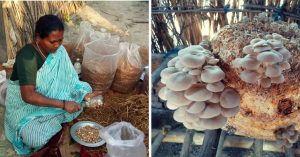TBI Blogs: How Life Skills Classes Are Helping Underprivileged Kids Solve Social Issues
Three graduates of TISS' social entrepreneurship program are running classes for children from low-income communities and are working towards their social and emotional development.
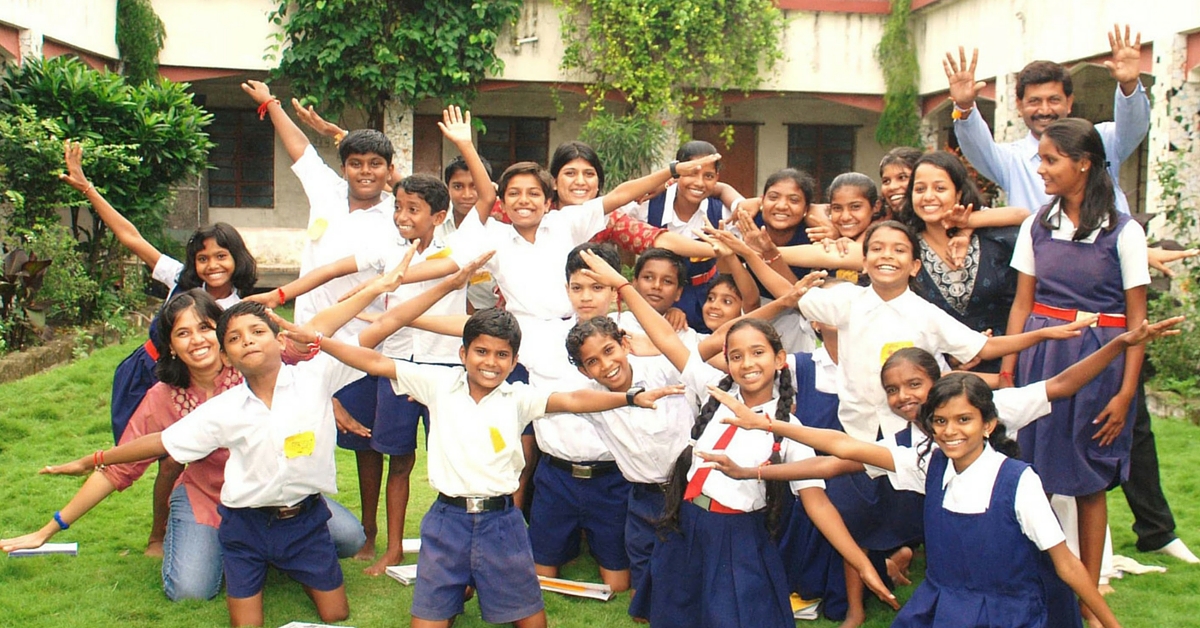
Three graduates of TISS’ social entrepreneurship program are running classes for children from low-income communities and are working towards their social and emotional development.
Saket is a 12-year-old boy studying in a municipal school in Govandi. With an alcoholic single parent, and two younger siblings to take care of, Saket often struggled to express himself in class; he never spoke to his classmates, who often stayed away from him because of his poor personal hygiene.
Today, Saket’s self-esteem has gone sky rocketed. He speaks confidently in class and his classmates are closer to him than ever before. Sessions on life skills and classes that emphasised respect, communication and self-awareness have clearly worked wonders for him.
The Need for Life Skills Training
Our education system mostly focuses on academic and rote learning. Students have little access to education that will help them grow as individuals and work on their intrapersonal and interpersonal skills.
“While mainstream education in India today focuses on math, science, history and language, there is a need for it to also focus on developing social, emotional and cognitive skills; together, these are known as life skills. The ability to nurture healthy relationships, solve problems and make healthy decisions, is something that every individual needs. And childhood is where these abilities must be developed,” says Swetha Ranganathan, co-founder of Apni Shala.
Starting Apni Shala
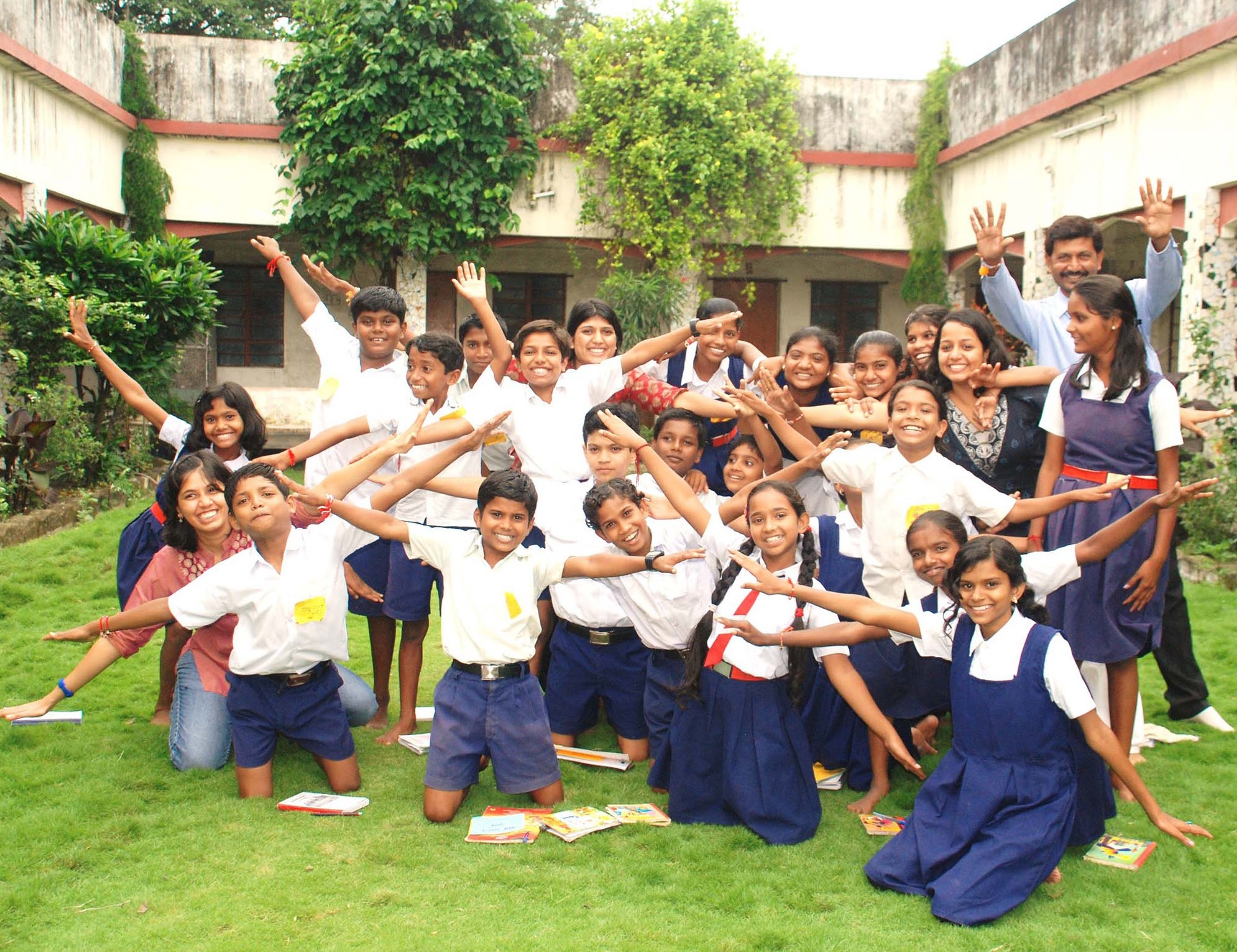
Swetha realised the value of life skills and experiential learning when she was working as a teacher with an NGO in Sione. She observed that one of her pupils was quiet and sometimes unusually aggressive. It was only later that she learnt that the boy had an alcoholic, abusive father; the boy also worked after school. This experience strengthened her resolve to do something for children and to make a difference in their life.
When she was pursuing her MA in Social Entrepreneurship at the Tata Institute of Social Sciences, Swetha met Anukriti Goyal, an enthusiastic entrepreneurial aspirant, and Amrita Nair, an educator trained counsellor. Like Swetha, Amrita too had had similar experiences during her time working as a teacher with the Akanksha Foundation and as a counsellor at a shelter for boys in Thane.
After graduating together in 2011, they founded Apni Shala, a non-profit organisation that would work towards the social and emotional development of children from low-income communities.
How does Apni Shala Function?
Presently, Apni Shala works with 14 government schools in Chembur, Govandi, Tilak Nagar and Kurla. They have also tied up with four educational NGOs. Apni Shala Fellows (Life Skills Facilitators) conduct one-hour sessions at each of these schools and organisations, once a week. Initially, they faced difficulty in getting even that one-hour slot in government schools; the reasons varied from a lack of time and resources to a general lack of awareness about life skills education.
A typical classroom session of Apni Shala involves engagement between children and the facilitator, either through art and drama, or through game-based activities. These methods, when woven together, create a platform of experiential learning for the children. Later, an intense discussion takes place; often on a social or attitudinal aspect.
Every child is encouraged to speak their mind, talk about themselves and share their personal experiences.
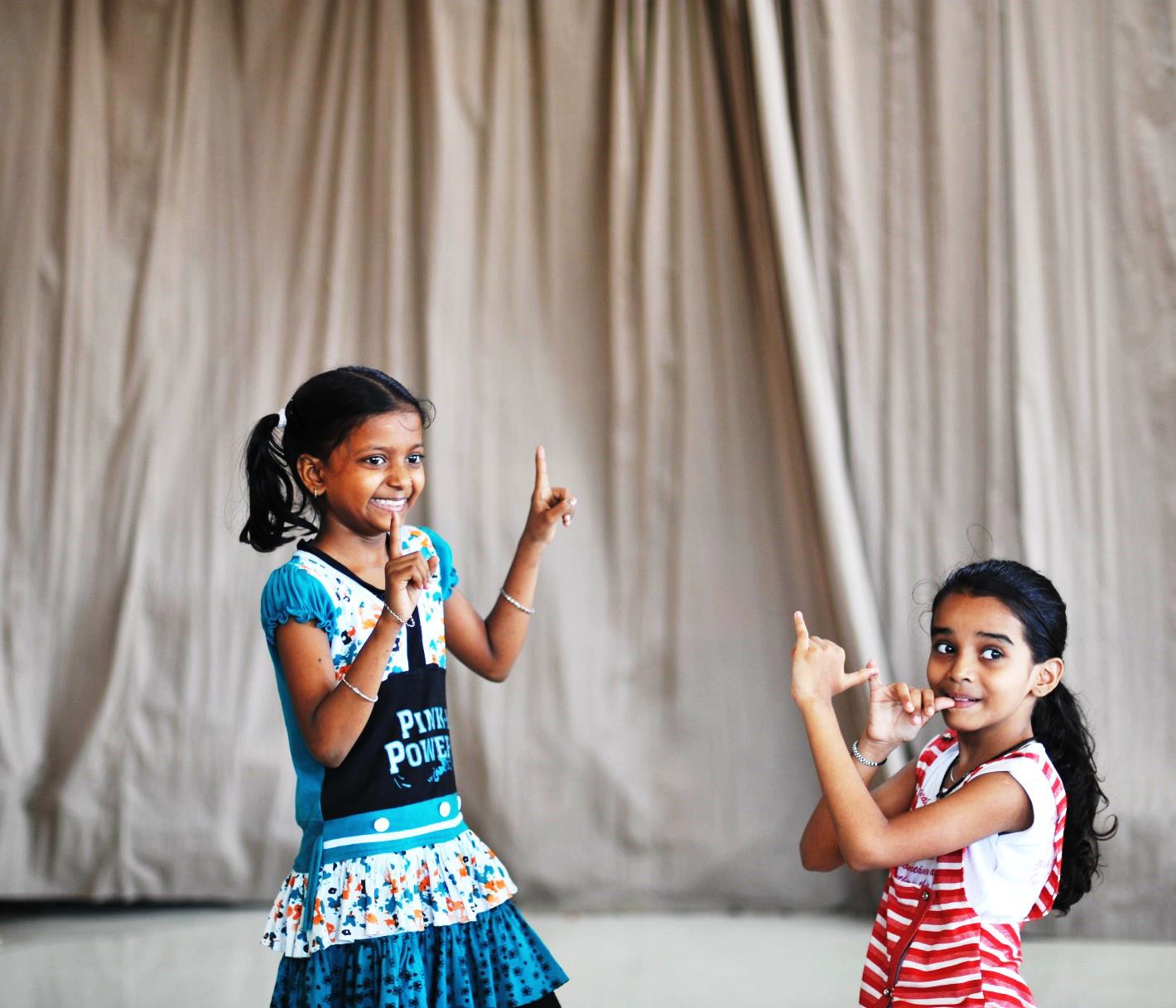
“Since children aren’t used to having conversation around such themes, it is important that we become their friends first so that we can get them to express themselves without fear of judgement,” says Swetha.
The engagement Apni Shala has with these children is continuous and proactive. If they pick a class, they take the responsibility of the students’ life skills development for several years, every year; typically starting from Class 4 up to Class 9.
They have impacted the lives of about 2900 children since their inception.
Preparing the Changemakers of Tomorrow
The most impactful of their programmes is the ‘Service Learning Programme’ (SLP). Here, children from Class 7 and 8 identify social and resource-related problems in their immediate neighbourhood. The problems range from women’s safety to water shortage. The children are then grouped according to the problems that they are most concerned or passionate about. They then conduct a thorough research on the different aspects of the problem and why it exists.
Throughout this process, they talk and interview many individuals including BMC officials and residents of the communities.
The Apni Shala team has found that these interactions have helped develop the children’s ability to communicate and to take initiative; it also builds their confidence and makes them effective team members.
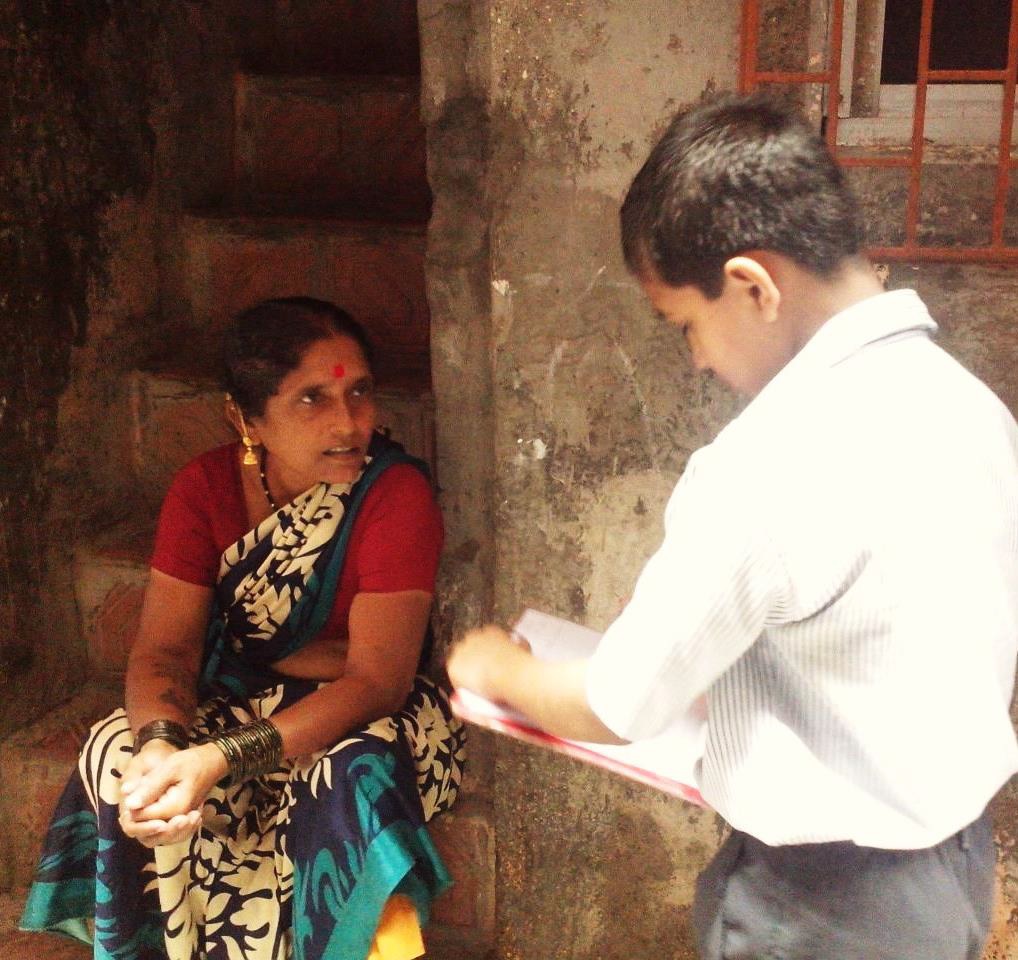
The next step is to design a solution, using available resources, to overcome the problem. As a result of this, children go around their localities, performing rallies, street plays and engaging locals in conversation about these issues. One of the groups even conducted basic literacy classes for women for a month.
Another group working for women’s safety wanted a cop to be on patrol duty outside the school, in order to ensure there was no sexual harassment. So they decided to launch a signature campaign of more than 80 people. They then submitted this to the nearest police station and filed the request.
What the Future Holds for Apni Shala
The Apni Shala team wants to reach out to 1650 more children over the next year. Further, they want to start building capacity in teachers, too. Their programme for teachers, Kick Start Life Skills, aims to help teachers design their own life skills education programmes for their students; it also gives them the know-how to deliver such programmes in simple ways in their classroom, everyday. Their mission is to create a long-term impact and make the process sustainable.
Do you also want to cover inspiring stories of change and make some substantial difference in the social sphere? Then click here to join the Milaap Fellowship Program.
Like this story? Have something to share? Email: [email protected], or join us on Facebook and Twitter (@thebetterindia). To get positive news on WhatsApp, just send ‘Start’ to 090 2900 3600 via WhatsApp.
This story made me
- 97
- 121
- 89
- 167
Tell Us More
We bring stories straight from the heart of India, to inspire millions and create a wave of impact. Our positive movement is growing bigger everyday, and we would love for you to join it.
Please contribute whatever you can, every little penny helps our team in bringing you more stories that support dreams and spread hope.






